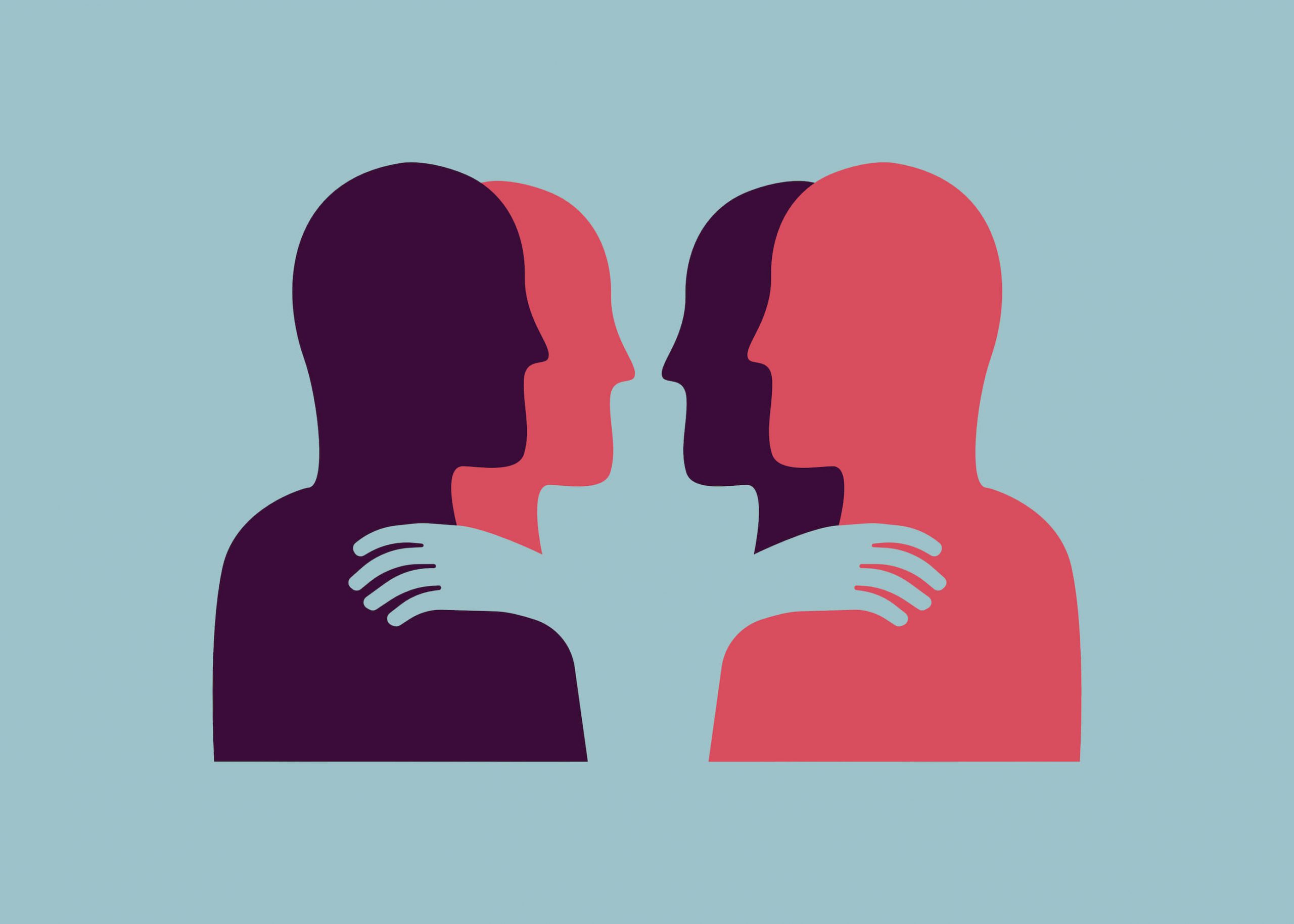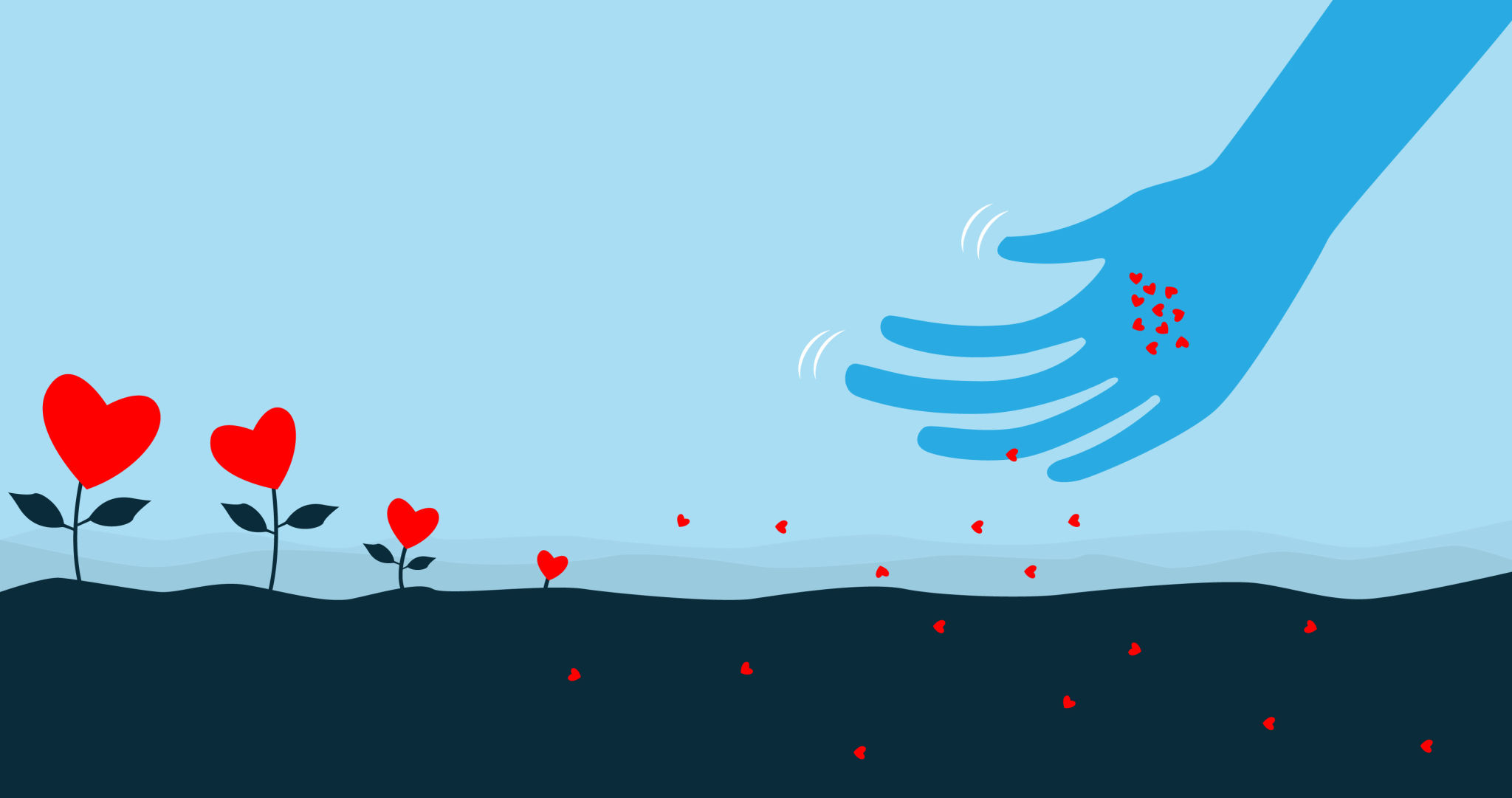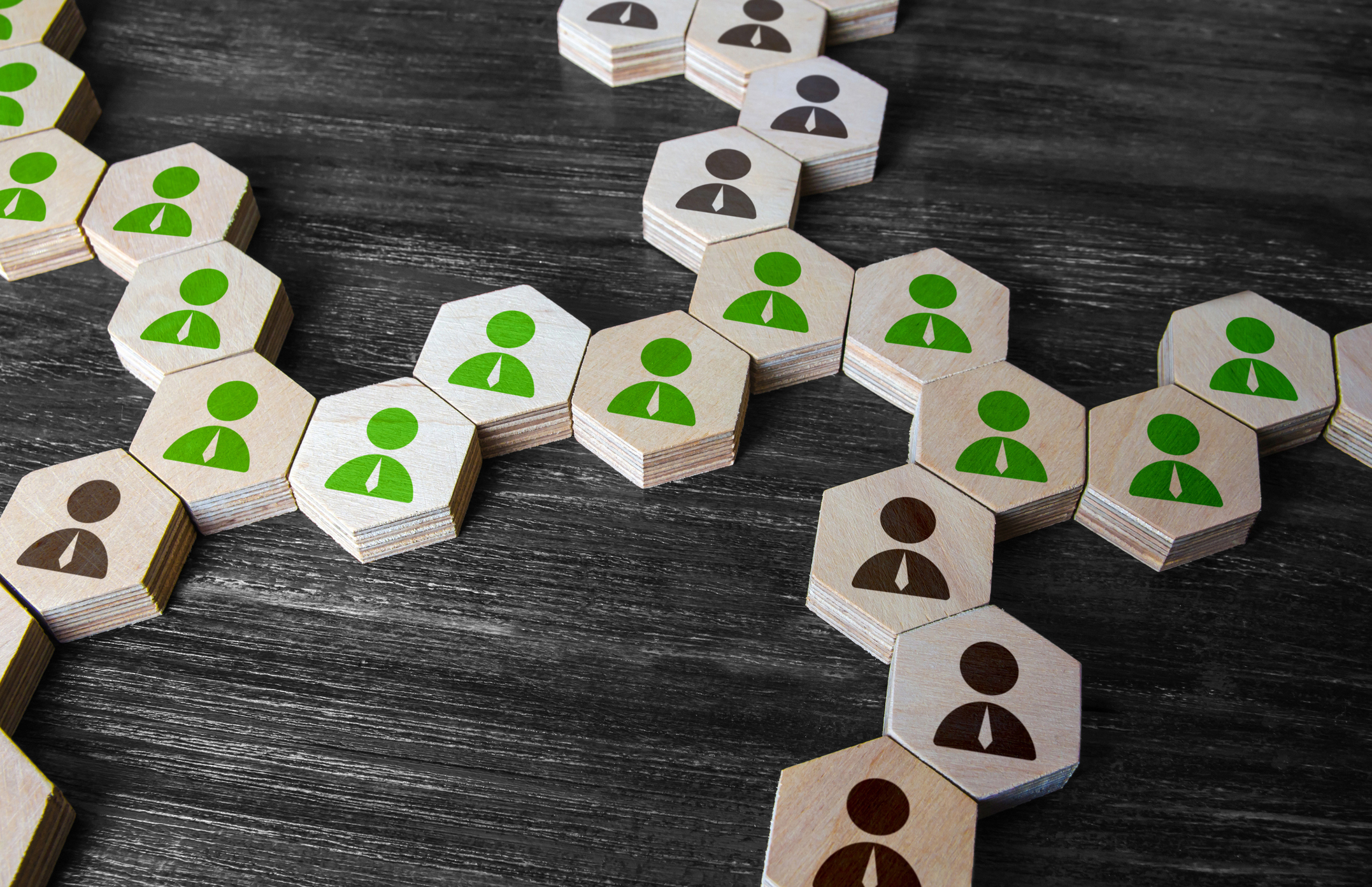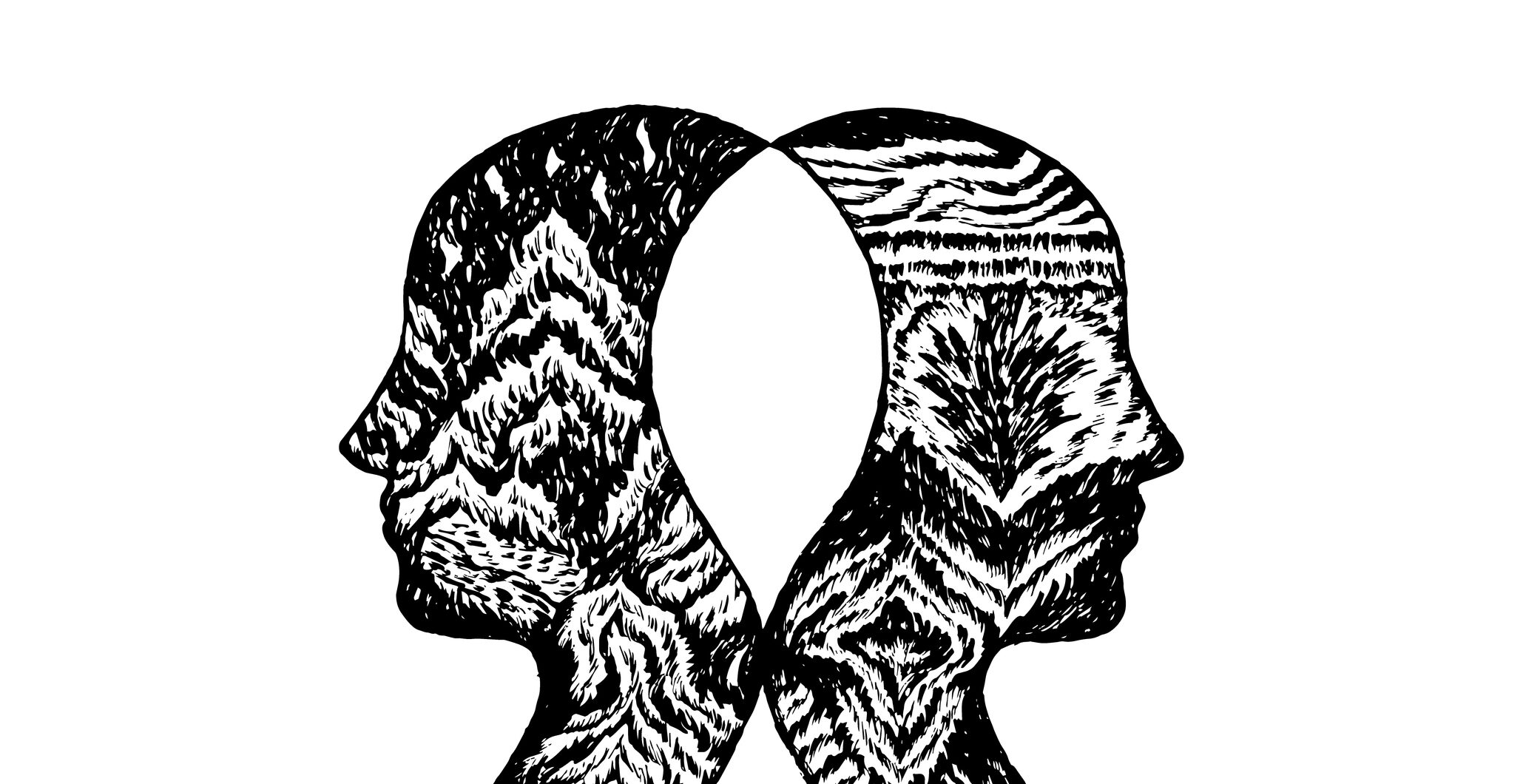Tag: Movement Building

Good vs. Toxic Polarization
Polarization is generally considered a necessary and healthy aspect of democratic societies. In his writing on social change work, Quaker activist and trainer George Lakey compares polarization to “a blacksmith’s forge,” one...

Trauma Healing
Unaddressed traumas pose significant challenges to building a healthy democratic society, exacerbating intra-group and inter-group conflicts and making it difficult to find common cause. Healing individual and group traumas is...

Restorative Movement Building
What does it mean to challenge injustices and address societal harms in ways that strengthen social bonds and encourage longer-term healing? Restorative Movement Building is at the nexus of social...

THE PILLARS PROJECT: Veterans and Military Families
*By former Director of Applied Research Jonathan Pinckney. Why should veterans and military families care about authoritarianism? American democracy is in a moment of crisis. Long-standing authoritarian trends and practices...

THE PILLARS PROJECT: Labor Unions and Professional Associations
*This article was written by former Director of Applied Research Jonathan Pinckney. Why should labor unions and professional associations care about authoritarianism? American democracy is in a moment of crisis....

THE PILLARS PROJECT: The Business Community
*This article was written by former Director of Applied Research Jonathan Pinckney. Why should business leaders care about authoritarianism? There is a long-standing recognition among many American business leaders that...

Exploring Narrative Practices for Broad-based Movements in Contexts of Democratic Decline
*This piece was originally published on March 1, 2023 on OpenGlobalRights by Chief Network Weaver Julia Roig and James Savage. Versión en Español The rise in authoritarianism and democratic decline around the...

How Can Funders Support Pro-democracy Movements?
*This article was written by Chief Network Weaver Julia Roig and was first published on Alliance Magazine. As the United States celebrates Martin Luther King Jr. Day on 16 January, it...

Dr. Martin Luther King Jr.’s Multiple Lanes to Multiracial Democracy
*This article was written by Chief Organizer Maria J. Stephan and was first published on Waging Nonviolence. King understood that no single approach would be sufficient to combat the interconnected evils...

THE HORIZONS PROJECT’S TOP INSIGHTS & LEARNINGS FROM 2022
Since our official launch in January of 2022, the Horizons’ team has spent the bulk of our time building relationships with the many inspiring organizers, network leaders, researchers, and funders...
